Page 97 • (3,678 results in 0.036 seconds)
-
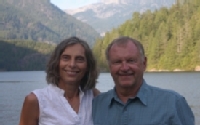
November 1, 2010 A commitment to educating the entire student By Steve Hansen If you want to see the intersection of athletics and academics in the lives of PLU students, look no farther than Molly Stuen ’72 and Zenon Olbertz ’71. Both were athletes at PLU – Molly raced for the ski team and Zenon played football. The couple, who later married, met on the slopes of Whistler, B.C., where the ski team was practicing. Molly Stuen ’72 and Zenon Olbertz ’71. Molly is also the granddaughter of Ole
-
social distancing, face covering, and on-campus surveillance testing. Our faculty (in Civil & Environmental Engineering, Chemical & Biomolecular Engineering, Earth & Atmospheric Sciences, Chemistry & Biochemistry, and Biological Sciences) form a core group with a strong history of working together on joint research grants in this area, with the skills required to guide undergraduates in basic and applied research on multiple phases of chemical signaling processes. APPLY The Online Application
-
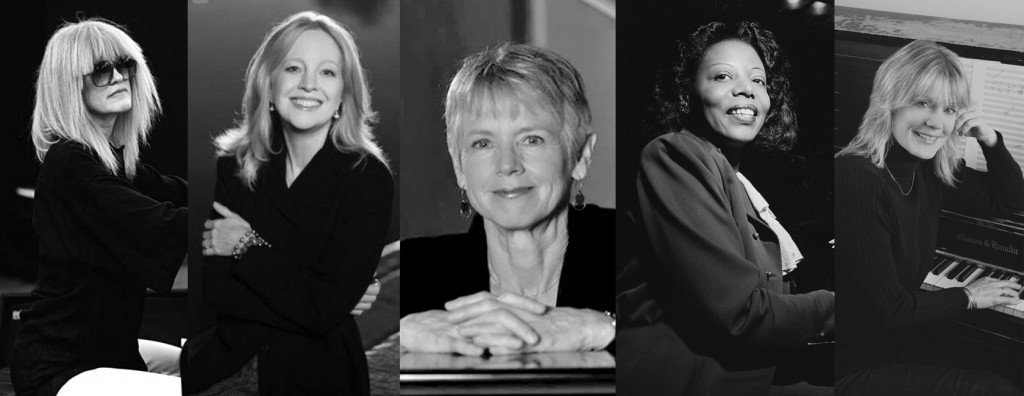
Shining a Light on Female-Identifying Jazz Composers Posted by: Reesa Nelson / October 29, 2019 October 29, 2019 By Reesa NelsonMarketing and Communications ManagerThe University Jazz Ensemble, a 19-piece performing group, will present the concert A Tribute to Women Composers on Friday, November 8, 2019 at 8 PM. Featuring the work of five female jazz composers, the concert will be held in Eastvold Auditorium in the Karen Hille Phillips Center for the Performing Arts on Pacific Lutheran
-
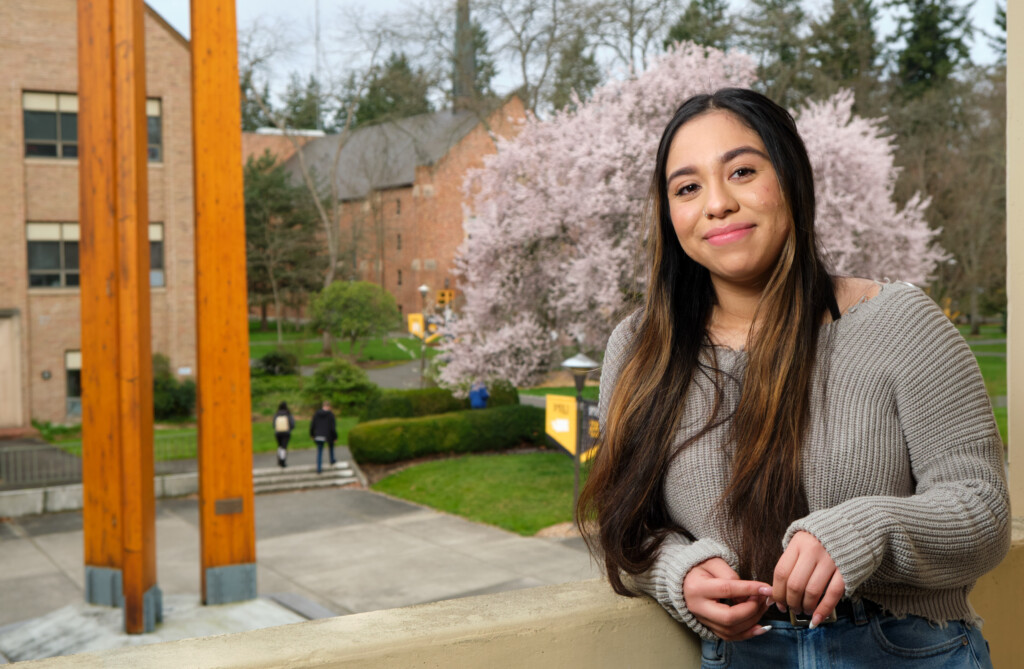
passion for supporting undocumented individuals. Where did you get that drive? I have to say it came from my parents. I grew up with an undocumented parent and seeing what they had to endure to survive really opened my eyes to the reality of treatment of undocumented immigrants and how little to no support they receive. It really motivated me to do what I could to help. I hope to work or advocate for this marginalized group in the future. 8. How do you see your degree helping in that endeavor? I see
-

in three different states, she was finally taken in by a friend. She credits this family for saving her. Her friend’s family was loving, accepting, and better equipped at understanding her trauma.“I was fresh in Washington and did not have people I could depend on,” she says. “They asked if I wanted to be part of the family and that’s what turned my life around. I am very grateful for them and their support.” Having finally found a group of people who understood her trauma and who could support
-
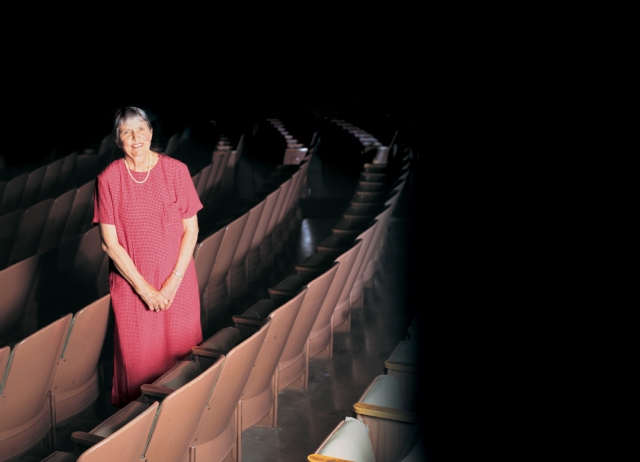
of her wedding party in Ritzville in 1996. “She asked me to be her matron of honor,” Hille said, laughing. “That’s right. I stood up for Karen. It was the happiest moment of her life and a wonderful occasion for both of them.” “We were absolutely shocked when Karen got married,” said Pat Smith, one of a group of retired nursing colleagues who meet once a month for lunch. Another member of the group, Shirley Hanson ’60 agreed, “Karen was a very private person and spent most of her life single. We
-

current lifestyles, personally, societally, and globally.” Just as students are coming to these realizations, Heath continues through one more unit on manufacturing and industry on the starship, which leads to conversations about consumerism and overconsumption. Students then pick an item that will need to be manufactured on the ship and decide how to make it without damaging the delicate ecosystem. Last year, one group took on manufacturing a turbine for nuclear power, since nuclear is the only known
-

current lifestyles, personally, societally, and globally.” Just as students are coming to these realizations, Heath continues through one more unit on manufacturing and industry on the starship, which leads to conversations about consumerism and overconsumption. Students then pick an item that will need to be manufactured on the ship and decide how to make it without damaging the delicate ecosystem. Last year, one group took on manufacturing a turbine for nuclear power, since nuclear is the only known
-
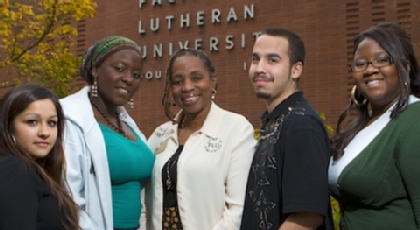
December 1, 2009 Our Changing Face By Barbara Clements and Steve Hansen Once a month Karl Stumo, vice president for admission, his wife, and his three children dine at the University Center’s new dining commons. The five sit together and have what would otherwise be a nice family dinner, square in the middle of hundreds of bubbly university students. For him, it is a telling moment. Once a month Karl Stumo, vice president for admission, his wife, and his three children dine at the University
-
an organization called Witness for Peace to examine the effects of recent trade policies on communities of indigenous people in rural areas of Mexico. Witness for Peace argues that, while free trade may have benefited consumers in industrialized countries, it has also decimated many rural communities of Mexico. Our group visited two communities in Southern Mexico: the region of the Mixteca in Oaxaca and the community of Tzajalchen in Chiapas. What we witnessed in these communities were indigenous
Do you have any feedback for us? If so, feel free to use our Feedback Form.


